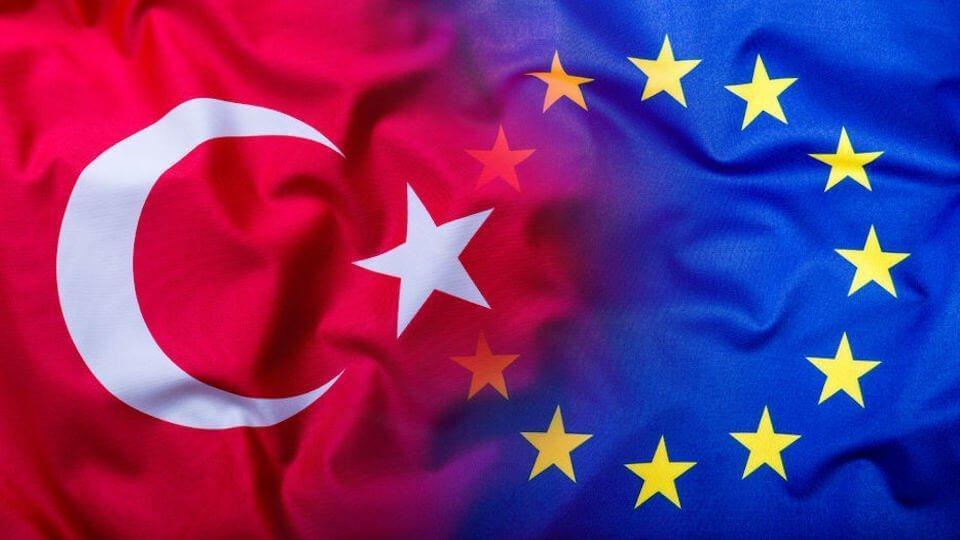
Over the past two years, Turkey’s relations with the EU have been undergoing a process of partial recovery from the tense and highly problematic developments after the 2016 failed coup attempt in Turkey. The half-hearted support shown to the Turkish government by EU leaders in the wake of the coup attempt was regarded as a disappointment in Turkey. While the EU harshly criticized the ongoing state of emergency in terms of its impact on Turkey’s Europeanization process, Ankara developed tense relations and had altercations with several member states including Germany. Accession negotiations came to a virtual freeze at the end of 2016 with the Council’s decision not to open any new chapters with Turkey. Although membership may not be in the cards for the foreseeable future, the prospect of Turkey’s membership to the EU should be kept alive, both as a tool of engagement and anchor for reforms in Turkey.
Despite all the turmoil in Turkey-EU relations over the last year, Turkey is a vital player in the European scene and an irreplaceable partner in the execution of several EU policies such as security, defense, trade, energy, and migration. Identifying concrete areas of action and cooperation can be the key to revitalizing Turkey-EU relations. Three specific policy areas come to the fore in which Turkey and the EU can successfully engage in cooperation and at the same time contribute to Turkey’s alignment to EU rules and norms: refugee cooperation and regulation of irregular migration, visa liberalization, and Customs Union modernization.
Cooperation against irregular migration in view of the Syrian crisis has been a principal area of cooperation between Turkey and the EU since 2015. The joint action plan adopted in November 2015 and the EU-Turkey Statement adopted in March 2016 created the conditions for close cooperation on this issue. As a result, the number of migrants crossing the Aegean decreased from 26,878 persons in the three weeks before the application of the EU-Turkey Statement to 5,847 in the three weeks after the start of its application.
The visa liberalization process also formed part of the deal that was reached between Turkey and the EU regarding the refugee crisis. Recently, Turkey prepared a position paper and delivered it to the EU.[1] This paper contained Turkey’s planned measures in order to comply with the remaining conditions for visa liberalization in the following areas: revising anti-terror legislation with a view to leaving freedom of speech and expression out of its scope, revising data protection laws, renewing anti-corruption strategy, signing an operational agreement with Europol, engaging in cooperation with EU member states in the field of judicial affairs, making a transition to biometric passports for Turkish citizens, and effectively implementing the Turkey-EU readmission agreement.
Another area that promises to revitalize Turkey-EU relations is the modernization of the Customs Union. Although the Turkey-EU Customs Union is a deep form of economic integration, it has fallen out of sync with current progress in trade deals. The modernization of the Customs Union will facilitate Turkey’s alignment and integration to the EU single market by way of harmonization into EU standards and norms, not only in industrial production but also services, agriculture, and public procurement. Benefits expected from a modernized Customs Union are not limited to material or short-term gains. The new deal will trigger the revision of legislation including greater efficiency, transparency, and conformity to EU norms and standards, which in turn will change the expectations, behavior, and productivity of economic actors—engendering a change of mentality and increasing the level of integration to European and global value chains.
Turkey-EU relations cannot be relegated to cooperation and dialogue only. Momentum can be maintained only if a comprehensive framework providing meaning and direction to the relations can be established. As a candidate country and a vital player in Europe’s wider region, the EU should engage more with Turkey and help the country return to its European path.
*Ayhan Zeytinoğlu is the Chairman of the Economic Development Foundation (İktisadi Kalkınma Vakfı, İKV) in Turkey. This is an abridged version of the original published in Turkish Policy Quarterly’s (TPQ) Spring 2018 issue.